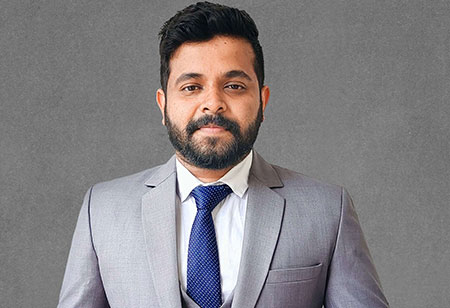
Change in Expectations In-House


Sujith Vasudevan, Managing Editor, 0
equipping the organization for a pandemic like scenario in the future.
A recent Gartner poll shows that around 48 percent of employees will likely work at least part of the time remotely after COVID-19 versus 30 percent before the pandemic. This brings its own set of challenges to the CPOs. While the HR department remains fundamentally responsible for the workforce’s performance, productivity, and efficiency, CPOs will have the bigger job of comprehending the challenges the employees face, including what they are struggling with inside and outside of work. This implies that employees will need support, including enhanced sick leave, financial assistance, adjusted hours of operation, and child care provisions. In the long run, CPOs will also need to pilot the transition from an efficiency-driven to a resilience-driven organization.
As the operational models of organizations further evolve, it will increase the complexity of size and organizational management, which, in turn, will create challenges for CPOs. They will need to diversify their skills, acquire new ones, and leverage the technology more to navigate these challenges.
A recent Gartner poll shows that around 48 percent of employees will likely work at least part of the time remotely after COVID-19 versus 30 percent before the pandemic. This brings its own set of challenges to the CPOs. While the HR department remains fundamentally responsible for the workforce’s performance, productivity, and efficiency, CPOs will have the bigger job of comprehending the challenges the employees face, including what they are struggling with inside and outside of work. This implies that employees will need support, including enhanced sick leave, financial assistance, adjusted hours of operation, and child care provisions. In the long run, CPOs will also need to pilot the transition from an efficiency-driven to a resilience-driven organization.
As the operational models of organizations further evolve, it will increase the complexity of size and organizational management, which, in turn, will create challenges for CPOs. They will need to diversify their skills, acquire new ones, and leverage the technology more to navigate these challenges.